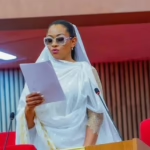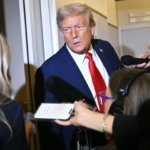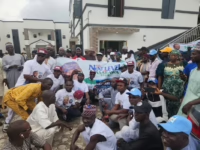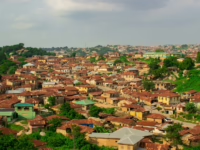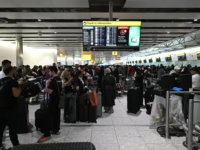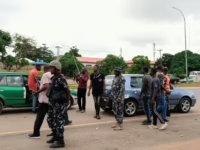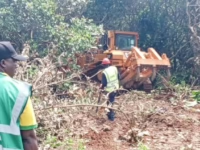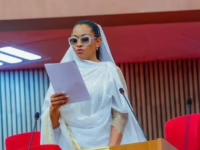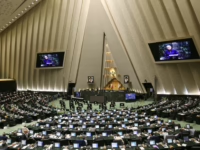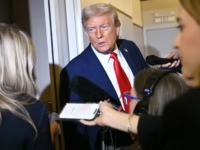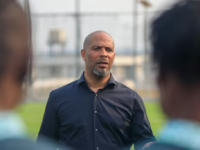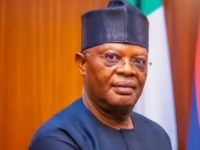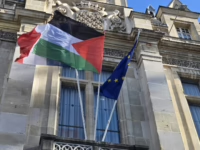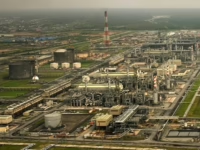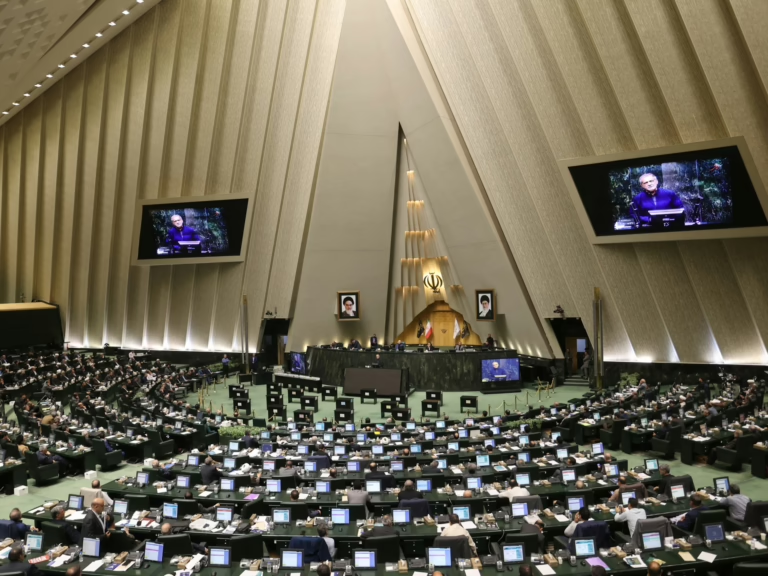Tehran, Iran – In a renewed push by Iran’s hardline parliamentarians, calls have intensified for the nation to commence development of a nuclear weapon. This demand comes as Western nations prepare to reinstate United Nations sanctions amid escalating fears of a potential conflict reigniting with Israel.
Spearheaded by a representative from Mashhad, a deeply conservative Shia city in northeastern Iran, a group of 70 lawmakers endorsed a letter urging a fundamental revision of the country’s defense strategy under the theocratic regime.
Published by the state-affiliated Fars news agency, the letter was not directly addressed to Supreme Leader Ali Khamenei, whose directives are considered absolute and beyond challenge. Instead, it targeted members of the Supreme National Security Council, the body responsible for Iran’s nuclear affairs, which includes the president, judiciary head, and parliamentary leaders.
For years, Iran has maintained that its nuclear initiatives are strictly for peaceful, civilian use, denying any intention to develop atomic weapons, despite Israel being the sole nuclear-armed state in the Middle East.
The parliamentarians contended that Khamenei’s religious decree, or fatwa, issued roughly twenty years ago, which forbids the use of nuclear arms, does not explicitly prohibit their production or possession as a deterrent.
They further accused Israel of “teetering on the edge of irrationality,” engaging in attacks that disregard international laws and result in the deaths of innocent civilians.
This aggressive rhetoric has surged among Iran’s hardline factions following Israel’s unexpected strikes on Iranian targets in June, which sparked a 12-day conflict and prompted U.S. military intervention, including airstrikes on Iran’s principal nuclear sites.
On Sunday, Iran’s Supreme National Security Council declared a halt to cooperation with the International Atomic Energy Agency (IAEA) after France, Germany, and the United Kingdom moved to reactivate international sanctions.
These European nations, collectively known as the E3, remain parties to the 2015 nuclear agreement with Iran-a pact abandoned unilaterally by former U.S. President Donald Trump in 2018, who then imposed stringent sanctions. Despite opposition from China and Russia, also signatories of the deal, the E3 invoked the “snapback” clause and secured a United Nations Security Council vote last week.
If no diplomatic breakthrough occurs before Sunday, all UN sanctions lifted under the 2015 accord will be reinstated, a scenario that currently appears unlikely given the limited timeframe.
Iranian Foreign Minister Abbas Araghchi arrived in New York early Monday leading a delegation to negotiate with European and other international representatives. President Masoud Pezeshkian is scheduled to attend the UN General Assembly on Tuesday, where discussions will heavily focus on Israel’s ongoing war in Gaza and the issue of Palestinian statehood recognition.
Last week, Araghchi presented what he described as a “practical and actionable proposal” to European officials, reportedly involving Iran’s commitment to recover and dilute its stockpile of highly enriched uranium in exchange for postponing the snapback sanctions.
However, Araghchi lamented that Iran has been met with “a series of excuses and blatant evasions,” including the absurd claim that the Ministry of Foreign Affairs does not represent the entire political system. He stressed that he enjoys “full backing” from the political establishment, including the Supreme National Security Council.
On behalf of the Islamic Republic of Iran, I yesterday presented a reasonable and actionable plan to E3/EU counterparts to avert an unnecessary and avoidable crisis in the coming days.
Instead of being met with engagement on the substance of this plan, Iran is now faced with a…
– Seyed Abbas Araghchi (@araghchi) September 18, 2025
Agreement on Nuclear Power Plants with Russia
Amid mounting Western pressure, Iran continues to strengthen ties with China and Russia, emphasizing the threat Israel poses to regional peace, especially following its recent assassination attempts against Hamas leaders in Qatar.
On Monday, Mohammad Eslami, head of Iran’s nuclear agency, traveled to Moscow to engage in nuclear discussions and participate in the Russian Energy Week conference.
During his visit, Eslami announced plans to finalize a deal with Russia to construct eight nuclear power reactors in Iran. Four of these are slated for Bushehr, home to Iran’s existing nuclear facility, while the remaining four will be built at locations yet to be determined by Iranian authorities.
This initiative comes as Iran grapples with chronic energy shortages and frequent blackouts, particularly during summer months, aiming to generate 20,000 megawatts of electricity through nuclear power.
Reza Salehi Amiri, Iran’s tourism minister, told local outlets that China is Iran’s largest trading partner and expressed hopes to elevate China to the top position in tourism collaboration as well.
According to six anonymous traders cited by Reuters last week, Iran has increased oil discounts for Chinese buyers as U.S. sanctions intensify efforts to curb Iranian exports. For years, Iran has also maintained a shadow fleet of oil tankers holding millions of barrels in floating storage to evade sanctions.
During a recent domestic meeting, Iran’s first vice president, Mohammad Reza Araf, revealed that the government has prepared contingency plans to stabilize the economy should UN sanctions be reinstated. While he did not disclose specifics, he mentioned these include “livelihood support and targeted assistance programs.”
Iran has long relied on cash subsidies and various social welfare measures to mitigate the impact of persistent inflation, which currently exceeds 35 percent, severely affecting its population of 90 million.
On Monday, the Iranian rial traded near 1.05 million to the U.S. dollar on Tehran’s open market, close to its historic low recorded earlier in September when the snapback sanctions process was initiated.
The country is now observing “Holy Defence Week,” commemorating eight years of resistance against Iraq’s invasion during the 1980s under Saddam Hussein, who was supported by both Western and Eastern powers. The Iran-Iraq War resulted in hundreds of thousands of casualties.
Senior commanders from the Islamic Revolutionary Guard Corps and the regular army convened on Monday, issuing statements reaffirming their resolve against Israel and the United States.


